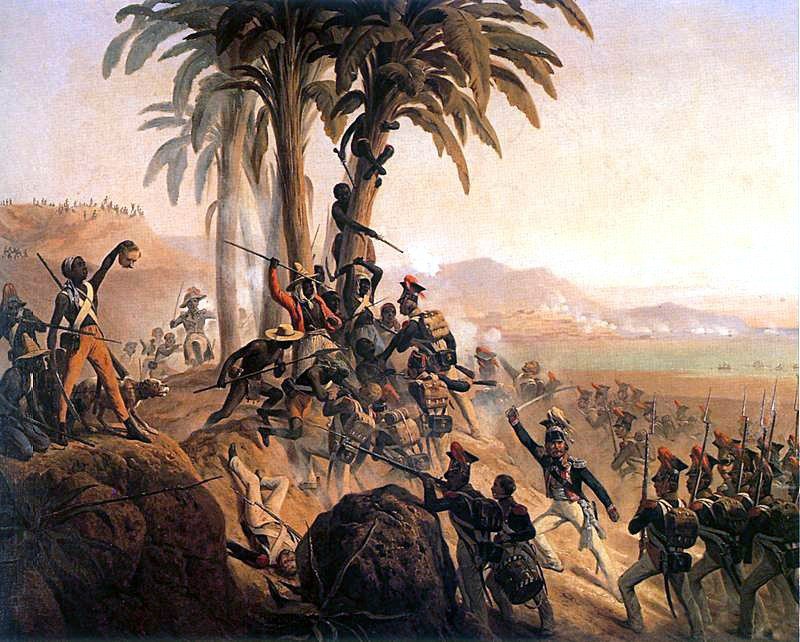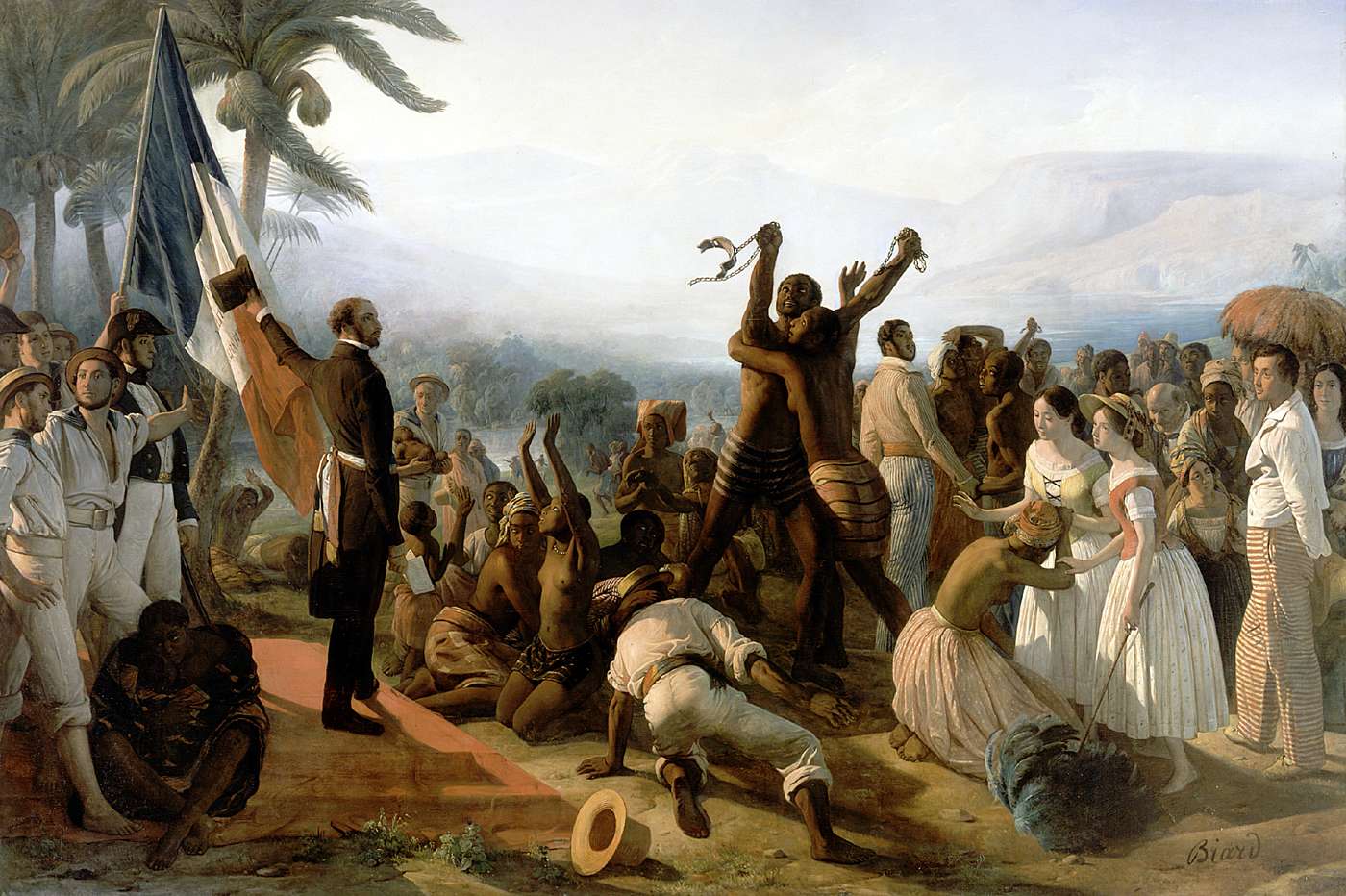American history would like us to believe that Lincoln freed the slaves for moral reasons and that blacks waited for him to save them, but that’s not what happened.
A History Lesson. The Trans-Atlantic slave trade lasted worldwide for 400 years (15th-19th), similar to the same time Israel was enslaved by the Egyptians—that should give you a clue as to who the blacks in America really are. American Chattel slavery started in 1619 and ended on June 19th, 1865 (briefly celebrated by freemen calling it “Juneteenth“).
The 254-year-old system that built America’s greatness and enriched so many were brought to an end through Abolitionists, the Civil War (1861-1865), the Republican president, Abraham Lincoln’s signing of the Emancipation Proclamation in 1863 and the 13th Amendment. President Lincoln said:

“I have always hated slavery, I think as much as any Abolitionist. I have been an Old Line Whig. I have always hated it, but I have always been quiet about it until this new era of the introduction of the Nebraska Bill began. I always believed that everybody was against it and that it was in course of ultimate extinction.”
— President Abraham Lincoln, November 1863
White-washed history would like us to believe that Lincoln and other white people just up and got a conscience, became moral, even fought a war for the freedom of blacks and finally liberated black people from enslavement—but that’s not how it actually happened.
It all started in the northern states of America. They were the first to abolish slavery because black people demanded it. The brainwashing was wearing off and they began to wake up, not only to the sheer pain of it but the total immorality of it—I believe this was God’s doing.
Between 1790-1830s some slaves sued for freedom, many simply escaped and helped others escape. Abolitionists, both black and white, were giving anti-slavery speeches throughout Europe and America.
Slaves were circulating poetry and “slave narratives” proclaiming the immorality of chattel slavery. This call for morality against a criminal system that built America touched the consciences of whites in the north.
When peaceful means didn’t work, things got violent. Multiple slave revolts occurred, destroying property, killing white people and striking fear across the country. Northern Americans began to rethink the practicality of the system of slavery.

Free blacks petitioned federal congress in 1799 to end both slavery and slave trade. September 2nd 1831, William Lloyd Garrison cited Nat Turner’s rebellion as evidence of the injustice of slavery and told his readers that “Immediate emancipation alone can save the United States from the vengeance of Heaven!“
Black people begin to link their quest for freedom with the American Revolution. Much of which was fueled by the successful uprising in Haiti. Eventually, laws were passed to end slavery in the north and by 1840, it was mostly over. These places became known as the “free states” and blacks in the south began to escape to the north to be free.
With the abolishment of slavery in the north, this allowed them to find other ways to manufacture goods and products which gave way to the industrial revolution where men created and used machines instead of people. This method of production proved to be economically feasible and safer because machines don’t try to kill you for working them for free.

But the southern states’ moral compass was seared (1 Tim 4:2). They could care less about the immorality of chattel slavery and they benefited from it the most. They were an old-school people, set in their ways and didn’t want to change towards the new ways of industrialization. The production of cotton, tobacco, and rice created billions of dollars that enriched Southerners and had become apart of the global economy.
The Civil War was sparked because the southern white elite didn’t want to give up slavery, plus they wanted to expand this wicked system to the rest of the states that were being formed in America. On top of that, the southern states were growing more powerful than the north all due to slavery.

When the north told the south to release their slaves, the south said, “No” and said, “We’re no longer apart of this union of states.” The North said, “You can’t do that.” The south withdrew their membership from the union of states and became known as the Confederacy, their enemies, the north, became known as the Union.
The Civil War wasn’t fought to free black people from slavery as this could have been easily done with a pen. The issue of morality was simply used by Lincoln to fuel the north against the south. The north didn’t want to be dominated by the south and they didn’t want division.
Therefore, the north fought to bring the south back in unison with the north and to destroy the economic advantage the south had due to slavery. And as we know, the union won against the Confederacy.

The Civil War turned southern society upside down. In an instant, 4 million black slaves were freed, and the majority of the elite in the south were physically, morally, and economically destroyed.
Of course, the new law wasn’t enforced, and some slaves didn’t hear about their liberation until 2½ years later. But as soon as blacks heard of the new law, they had to escape to Union lines to be free. As the Union conquered southern confederate states, the slaves there were freed as well.
Slave labor in tobacco, rice and cotton production created billions of dollars in profits that enriched not just slaveholders, but it was a central part of the global economy. According to Harper’s magazine (November 2000), the United States stole an estimated $100 trillion for 222,505,049 hours of forced labor between 1619 and 1865, with a compounded interest of 6 percent.
As Karl Marx wrote,
Without slavery, there would be no cotton, without cotton, there would be no modern industry. It is slavery which has given value to the colonies, it is the colonies which have created world trade, and world trade is the necessary condition for large-scale machine industry.
America and many other nations got rich at the expense of the minds and bodies of black/Israelite people and I want everyone to remember that. Next time you say how great this country is—it was at the expense of black people.
3 things I wanted to point out from my studies:
1) Blacks didn’t retaliate and destroy whites like whites imagined.
What white people feared most, then and now, never happened. Remember, the slaves were declared free during the Civil War. Four million black people were released all of a sudden and southern whites thought that there was going to be a race war. They expected all these black people to retaliate for 250+ years of torment and pain, but they didn’t do that. All they did was escape to freedom.
This idea that black people, if they ever got empowered, would destroy white people is not necessarily true. Black people basically want the same things white people want: their own homeland, adequate living and to be left alone to enjoy life.
When black people gain power again, they won’t necessarily come for revenge as whites think. It is only when you criminally enslave a black man, demean, mistreat and terrorize him or his family do you see his ugly side and this is a natural response to injustice from any sane and capable person of any color.
2) You have to fight for freedom, your oppressor won’t give in willingly.
You have to fight for justice and freedom and it is only through fighting will you obtain it. The idea that blacks were just sitting around waiting for white people to save them wasn’t true. Once blacks woke up to the injustice of slavery they fought hard to be free and they got it. One thing I’d like to note is that it was only when blacks changed their minds and focused on freedom that the efforts of white Abolitionists helped destroy chattel slavery in America.
3) “All white people ain’t bad.”
Thank God for moral white people back then and now who were willing to stand against the system of chattel slavery at the expense of their own lives. This goes to demonstrate “all white people ain’t bad” as some blacks like to say. These were legitimate, moral people who feared God and hated injustice and decided to do something about it. Contrary to some sects of Black Hebrew Israelites, there is morality and righteousness in white people and they too have an opportunity to spend eternity in the Kingdom of God just like anyone else.
Unofficially, slavery has not ended. A great percentage of black people today (2016) are subjected to chattel slavery through criminalization by the prison industrial complex (which we’ll talk about later) and even after the signing of the Emancipation Proclamation in 1863, southerners still found ways to enslave blacks through Debt Bondage and criminalization. Next, we’ll talk about the systems of segregation and integration.

Nice refresher. Honest Abe wasn’t as noble as some have led us to believe. Each truth uncovered is the equivalent of a light switch activating in a dark room. Keep up the good work.
I enjoyed reading this blog immensely, including the refresher on history. Thank you for this blog and it’s content. As most of us are revisiting black and native history in america, especially in regards to slavery, blogs like this are essential in exploring all aspects of racism.
Ive recently discovered the idea that many black Americans were already here and put into slavery. The native people of America like many many places in the world were a dark skinned people. If you think about how rough th Atlantic ocean is there are some who believe the slave trade could not have brought so many of us over here successfully. What are your thoughts?
It’s documented that many did die on the trip over here, but I heard this before. A reader asked me a while back and I gave him a lengthy response via email. I just decided to post our convo on this site so others can see what I said: Here’s the link »
Thank you!